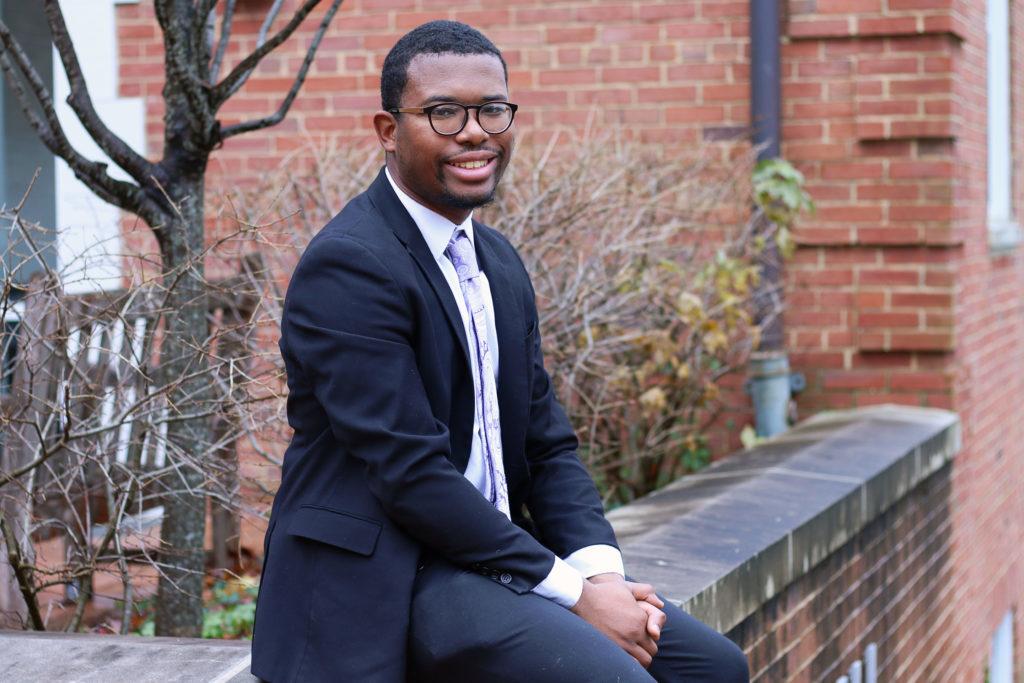The Mount Vernon Campus will soon be equipped with machines for students to pick up everyday items like toiletries and medicine.
University spokeswoman Maralee Csellar said officials are planning to add vending machines to the Vern over winter break to give students a nearby resource to purchase snacks, phone chargers or medicine. Student leaders said the machines, which will be provided by Vengo – a company that creates personalized kiosks for colleges, gyms and hotels – will make necessities more accessible to students who would otherwise have to trek to CVS or Safeway.
Csellar said Vengo machines are installed in Funger Hall and the Milken Institute School of Public Health, and officials are looking to expand onto the Vern. Vengo machines offer products like Apple and Android charger cables, earbuds and Advil, she said.
“Whether it’s a quick snack between classes or taking a quick study break, we know students often need the convenience and accessibility of vending machines to help address immediate needs,” she said in an email.
Csellar said the product list for the Vengo machines and the number of machines being installed have not yet been finalized, and officials are working with SA leaders and the Center for Student Engagement to determine what items are offered.
She did not specify the location of each machine but said they will “complement” the snack and beverage machines already located in Vern residence halls and Eckles Library. There is “little to no” cost to add the machines, aside from the cost of installing a new electrical outlet to operate the kiosk, Csellar said.
Student Association Executive Vice President Ojani Walthrust, who advocated for the vending machines during the semester, said students living on the Vern do not have easy access to basic necessities that students on the Foggy Bottom Campus do. Walthrust said the machines will allow Vern residents to access snacks and feminine hygiene products without walking off campus.
The initiative was part of Walthrust’s platform to improve residential life when he ran for executive vice president last semester.
“As a person who, in freshman year, was on the Vern, it’s something that I hold near and dear to me because I understand that there needs to be more resources offered for first-year students on campus, such as the health and wellness vending machine,” he said.
Walthrust said he solicited feedback on what to include in the machines from SA senators, student organization leaders and students who offered opinions when he tabled in the Marvin Center earlier this semester. While products included in the machines have not been finalized, Walthrust said he brainstormed items, like condoms, Advil, feminine hygiene products and pregnancy tests, to include in the machines. The vendors will take GWorld, debit and credit cards, he said.
Other institutions, including the University of California, Los Angeles and the University of California, Davis, also have vending machines with similar products, according to a research report Walthrust compiled earlier this semester.
Vengo machines can include between 40 and 80 products, which typically carry the company’s most popular items like snacks, electronics or hygiene products, according to the company’s website.
“Students on the Vern, because they’re on the other campus, there are certain things that they don’t have access to, so I hope now this can be one of the things that they have access to,” Walthrust said.
Tyler Kusma, the SA’s director of Mount Vernon affairs and a resident adviser on the Vern, said the vending machines will benefit Vern residents by giving them more options for buying snacks and toiletries without taking the Vern Express or an Uber to stores on Foggy Bottom.
Students also purchase similar products from nearby stores like CVS and Safeway, which are a roughly 10-minute walk from the Vern but are not open 24/7.
“If you have a snack vending machine, then that just benefits them so that they don’t have to travel as far to get a quick little thing,” he said.





